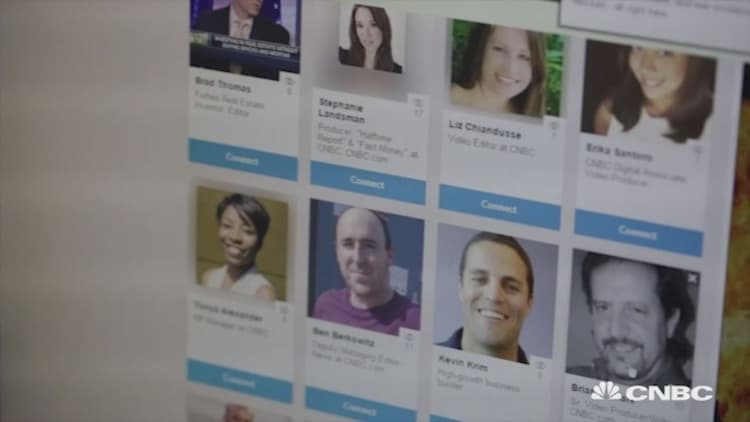In mid-December, The New York Times published an investigation on Republican Congressman George Santos, alleging that he had fabricated key parts of his CV, including his work and education history. Santos admitted to doing so in an interview with the New York Post later that month, saying, "My sins here are embellishing my resume. I'm sorry."
He's not alone: Former Republican candidate for the Senate Herschel Walker appeared to have inflated his professional experience and misstated his education history. And fully 55% of Americans say they've lied on their resumes at least once, according to an October 2022 StandOutCV survey of 1,785 U.S. adults.
Career experts do draw a distinction between lying and embellishing — but, they say, you shouldn't do either.
"A lie would be 'I worked for Goldman Sachs' when you did not," says Julie Bauke, founder and chief career strategist with The Bauke Group. "An embellishment would be 'I ran a $10 million project' when actually I was only on the team and it was a $4 million project."
Either way, nowadays, lying or embellishing is a bad idea, in part because it's so easy to get caught.
While in the past it might have been tough to disprove these claims, today, a lot of information is publicly available. Many professionals, for example, have a digital version of their resume as a LinkedIn profile. A colleague could peruse a LinkedIn page and say, "Wait a minute, that's not what we did there," says Bauke. "That's not what you did there."
Whether they call you out on it privately or publicly, anyone could have seen or kept a version of that lie or embellishment going forward, which is something you could end up having to account for for the rest of your career.
The other problem with lying or embellishing is that you're inviting people to probe and will have to back both up with evidence. "Now you go into an interview and you're asked to explain, 'Oh, you led this $10 million project. Tell me about that from start to finish," says Bauke. "And you are going to stumble."
If ever you feel the urge to fudge your resume, assume you will get caught, says career expert Vicki Salemi. This can get you fired immediately, she says, and "it could impact your future, not only your current employment with that company."
Check out:
Don't forget this key section of your resume—it's your first chance to impress hiring managers
How to format your resume the right way, according to experts: 'The standard template is 3 sections'
Sign up now: Get smarter about your money and career with our weekly newsletter



